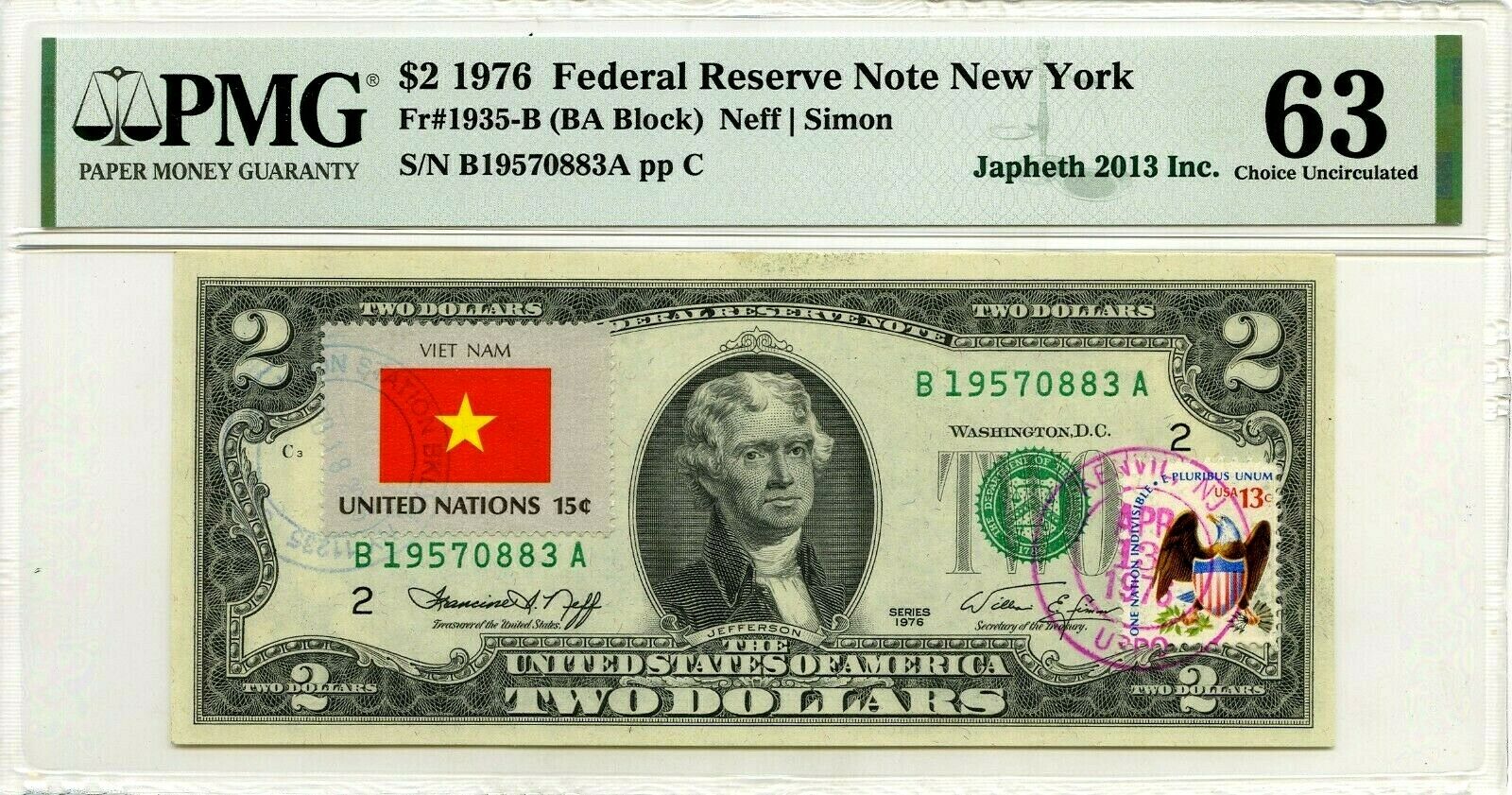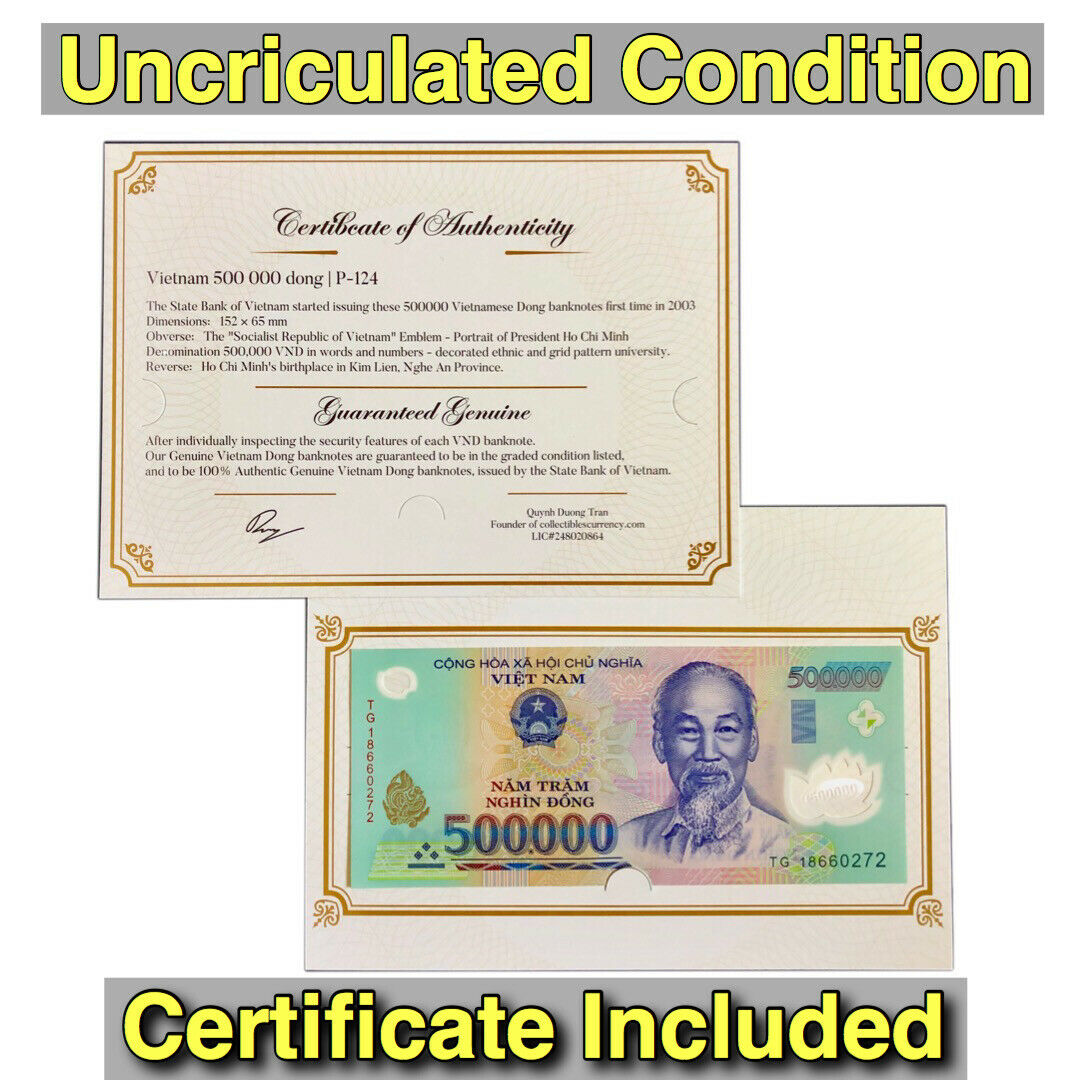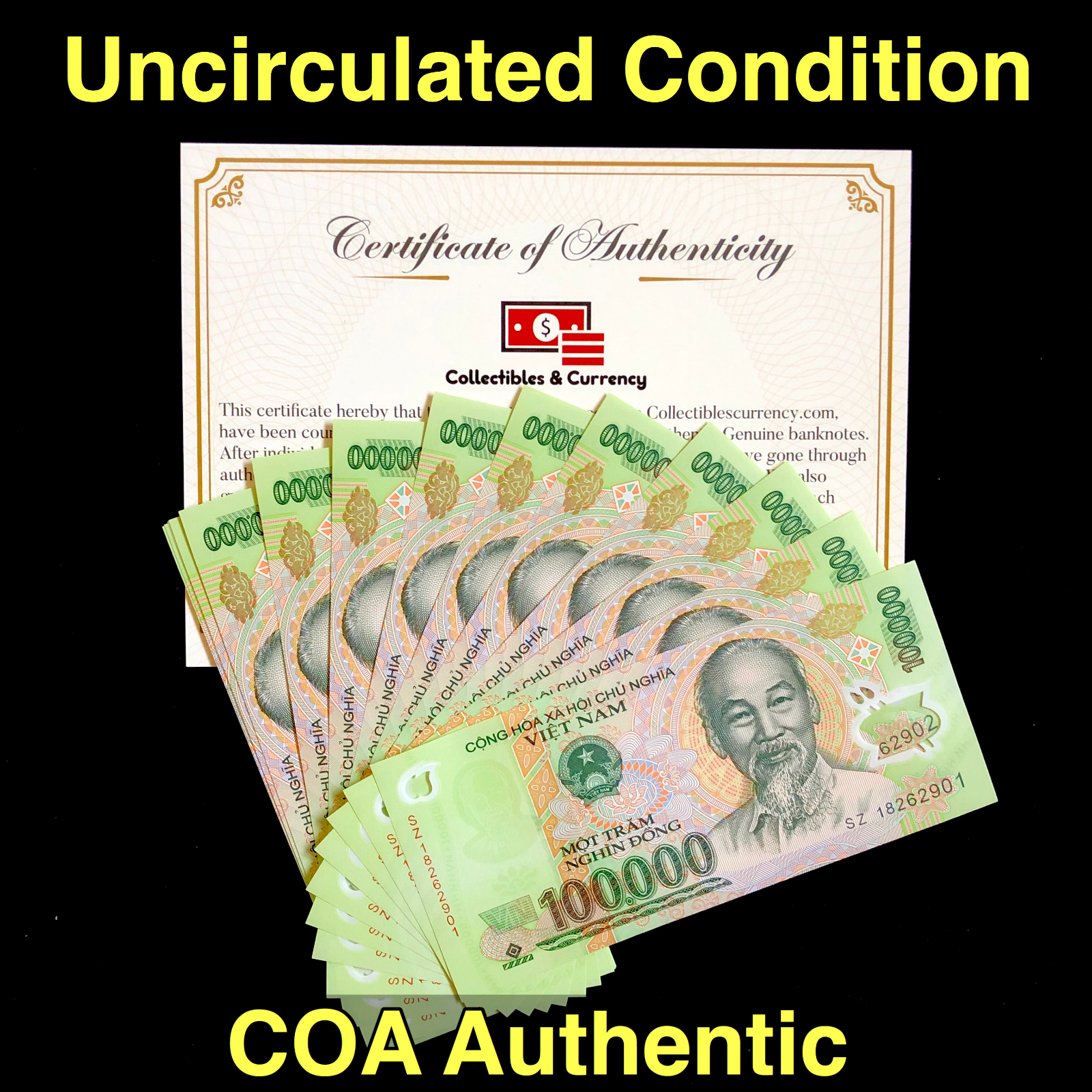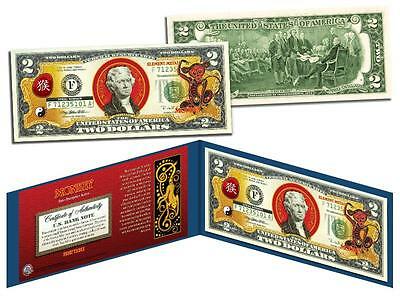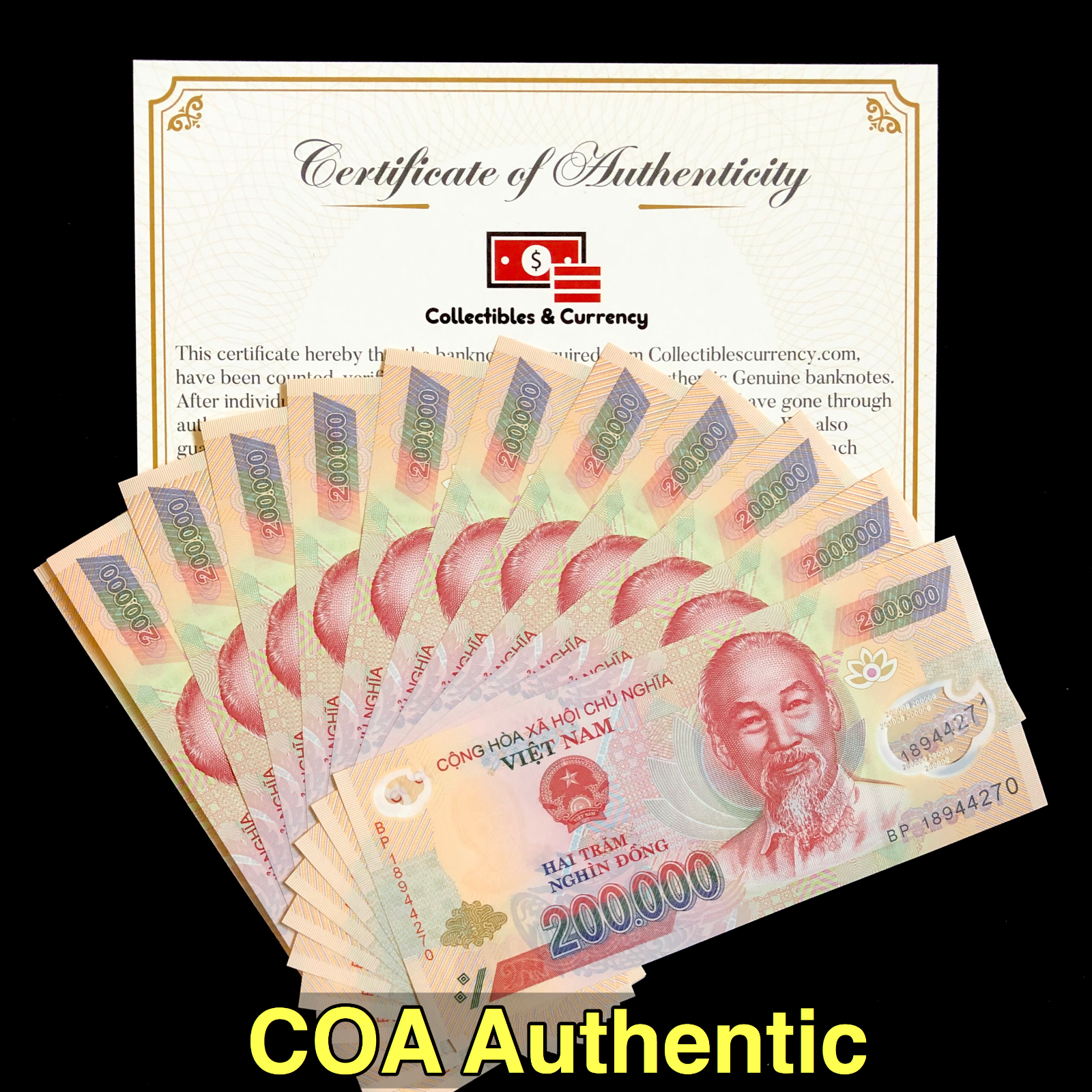-40%
DOLLARS 1976 FIRST DAY STAMP CANCEL FLAG UN FROM VIET MAM LUKY MONEY 00
$ 1584
- Description
- Size Guide
Description
DOLLARS 1976 FIRST DAY STAMP CANCEL FLAG UN FROM VIET MAM LUKY MONEY 00F 1935 B (BA Block)
Neff I Simon
S/N B 19570883 A
CH UNC 63
The face side has two postage stamps:
1980 UNITED NATIONS OFFICES IN NEW YORK
Nations Flags Series:
15 c,
VIET MAM
1976 AMERICANA ISSUE
13 c, EAGLE & SHIELD
Also has post seals: APR 13, 1976 & FEB 18, 2015 KENVIL, NJ
In honor 75 TH Anniversary UN
(seal 100% guarantee )
Vietnam (Vietnamese: Việt Nam, officially the Socialist Republic of Vietnam, is a country in Southeast Asia.
It is located at the eastern edge of the Indochinese Peninsula, and is divided into 58 provinces and five municipalities,
covering 331,699 square kilometres, with a population of over 96 million inhabitants, making it the world's sixteenth-most populous country.
Vietnam shares borders with China to the north, Laos and Cambodia to the west; whilst maintaining maritime
borders with Thailand through the Gulf of Thailand, and the Philippines, Indonesia and Malaysia through the South China Sea.
Its capital is Hanoi and its largest city is Ho Chi Minh City (Saigon).
Archaeological excavations indicate that Vietnam was inhabited as early as the Paleolithic age.
The ancient Vietnamese nation, which was centered on the Red River valley and nearby coastal areas, was annexed by the
Han dynasty in the 2nd century BC, which subsequently made Vietnam a division of Imperial China for over a millennium.
The first independent monarchy emerged in the 10th century AD.
This paved the way for successive imperial dynasties as the nation expanded southward
until the Indochina Peninsula was colonized by the French in the late 19th century.
Modern Vietnam was born upon the Proclamation of Independence from France in 1945 following Japanese occupation.
Following Vietnamese victory against the French in the First Indochina War, which ended in 1954, the nation was divided into two rival states: communist North and anti-communist South.
Conflicts intensified in the Vietnam War, which saw extensive American intervention in
support of South Vietnam, while the Soviets and the PRC supported the North, which ended with North Vietnamese victory in 1975.
After North and South Vietnam were reunified as a communist state under a unitary socialist government in 1976, the country became economically and politically isolated until 1986, when the Communist Party
initiated a series of economic and political reforms that facilitated Vietnamese integration into world politics and the global economy.
As a result of the successful reforms,
Vietnam has enjoyed high economic growth rate, consistently ranked amongst the fastest growing economies of the world.
Vietnam is a regional power, and is considered a middle power in global affairs.
Vietnam is a part of several major international and intergovernmental institutions or groupings including the United Nations, the ASEAN, the APEC, the CPTPP, the Non-Aligned Movement, the OIF, the RCEP, and the World Trade Organization,
and has also assumed a seat on the United Nations Security Council twice.
Vietnam was listed as a developing country by the UN until 2019, and by the US until 2020.
Corruption in Vietnam, including rampant bribery, is a major issue. Surveys of Vietnamese urban citizens rated Vietnam's corruption transparency as poor in surveys conducted in 2005 and 2010,
and the bribing of officials, health workers, and civil servants was highly prevalent.
The practice of red envelope payments, normally a practice of informal payment reserved for festivities,
became common in the health sector when the country was attempting to transition to a market economy in 1986.
Anti-corruption measures have been implemented and whilst there have been improvements,
control of corruption was still rated poorly in 2015-2017.
Plans made for anti-corruption drive continue for 2021–2025
